COS News
News

A new report from a group of Northeastern researchers explores across disciplines how biotech can ensure safe, sustainable life beyond Earth.
The key to international space cooperation is developments in biotechnology, Northeastern researchers say
News

The NeuroPRISM lab, led by assistant psychology professor Stephanie Noble, makes tools that pave the way for reliable and reproducible neuroimaging of the brain.
Precise maps of the brain’s deepest corners are made possible through tools developed by these Northeastern researchers
Showing 198 results in Marine and Environmental Sciences

Meet the Three Seas alumni making waves in their fields
Graduates of Three Seas pursue various careers in environmental consulting, non-profit work, state and federal government, outreach and education, and scientific research support.
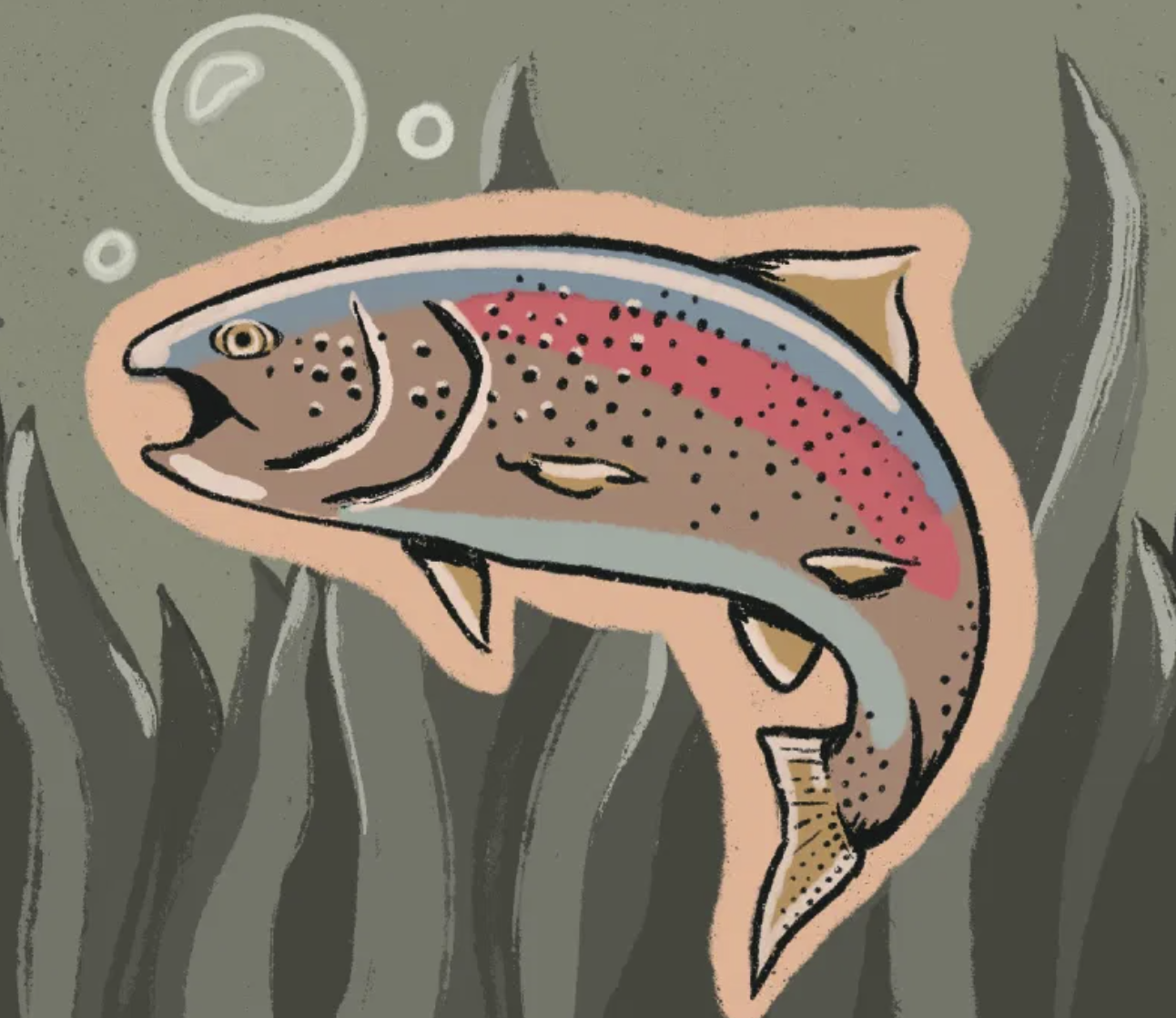
Did a legendary trout really ride the rails from California to Missouri?
Crane Creek flows right to left in front of me, spring-fed and uncommonly clear and cool, slicing through trees that line both banks. Shallow and thin, it runs 25 miles through thick forests in southwest Missouri, at some points no farther across than a fishing pole is long. You could walk across it and never […]
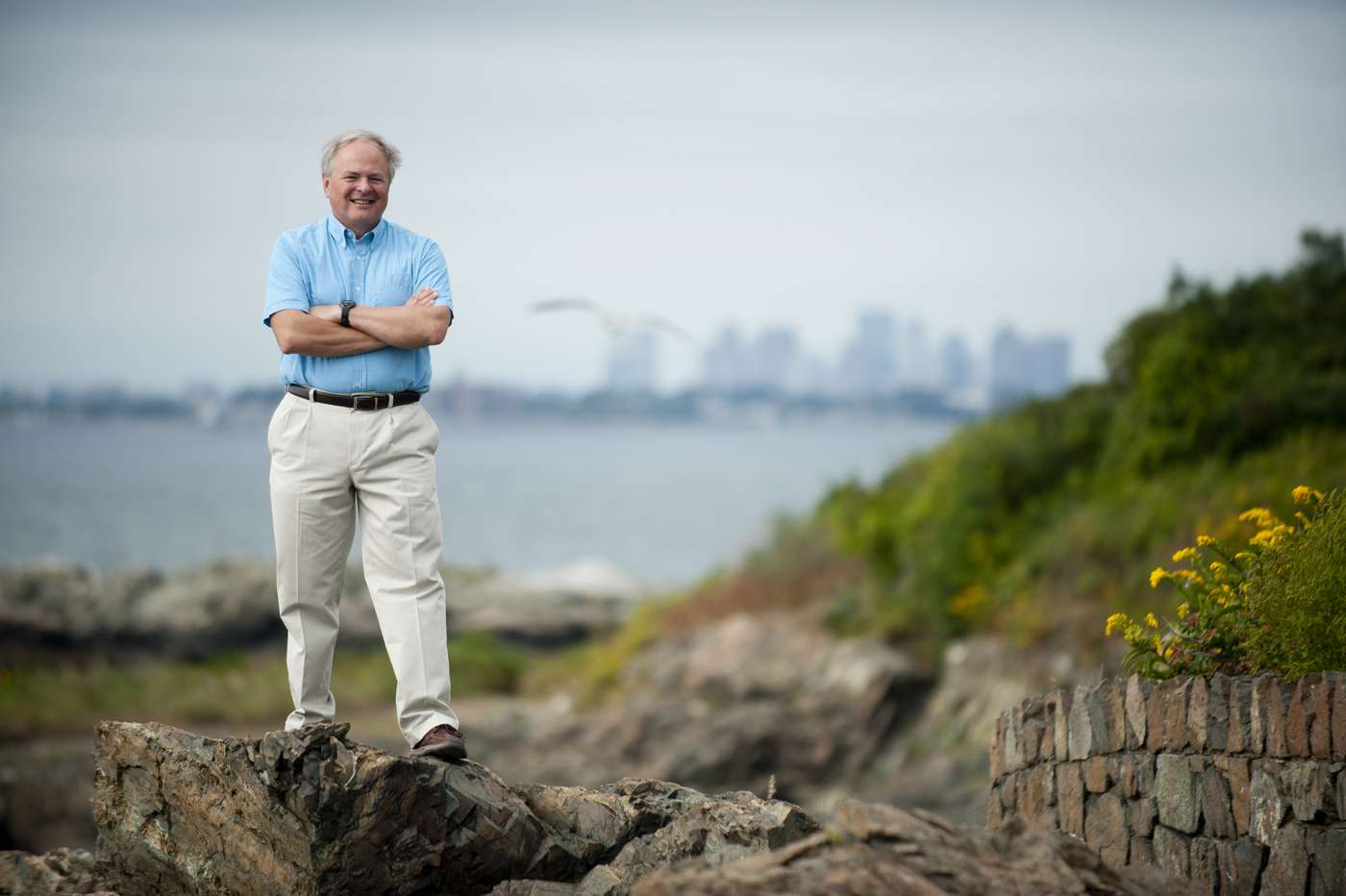
Mark Patterson Receives Fulbright U.S. Scholar Award to Canada
Mark Patterson has received a Fulbright U.S. Scholar Program award to Canada as the Research Chair on Advancing Transdisciplinary Research on the Changing North at the Université Laval, Québec.
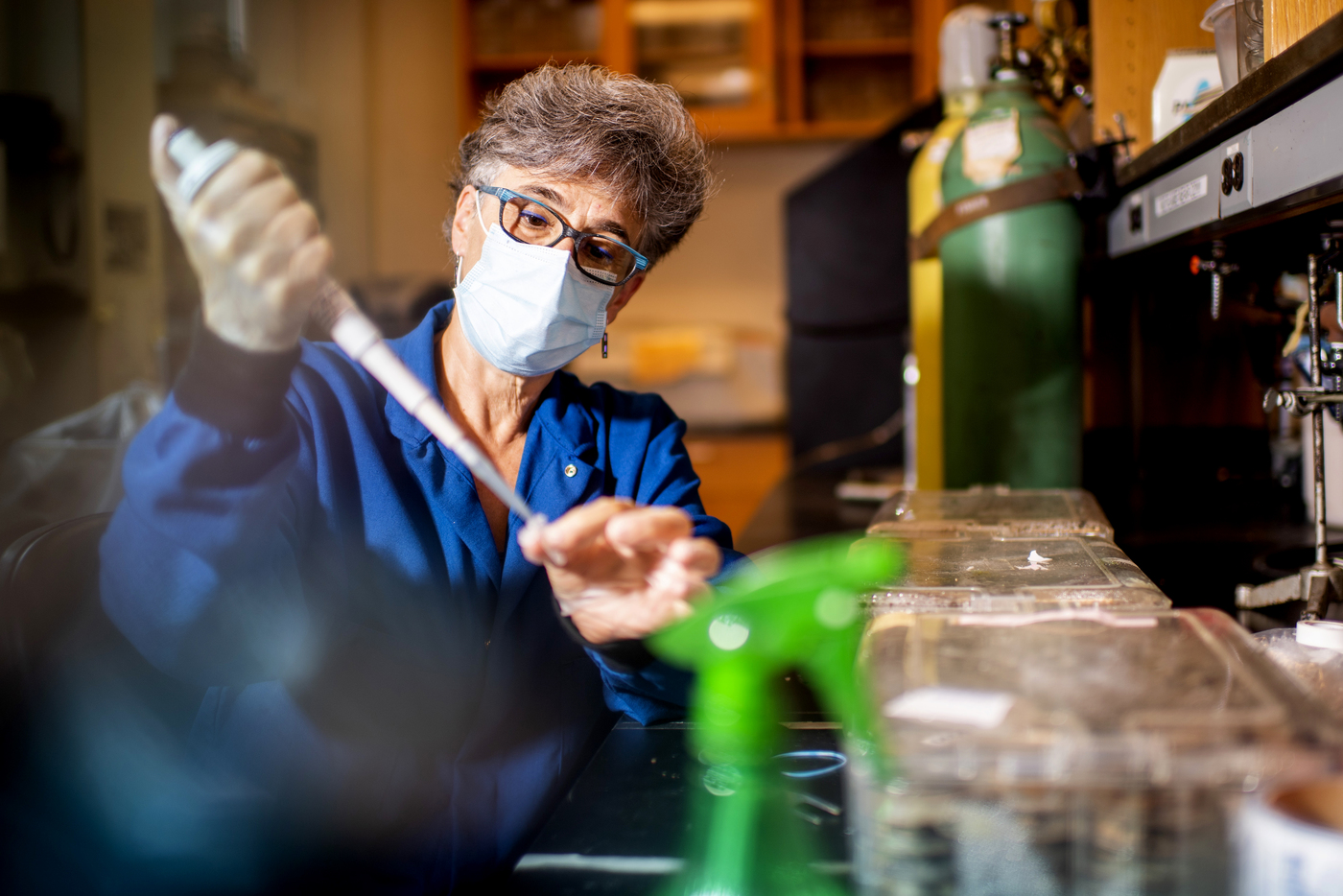
How termites deal with disease provides insights in the era of COVID-19
Rebeca Rosengaus, an associate professor and behavioral ecologist at Northeastern, explores the social behavior of termites, including how they care for their colony and communicate when they’re infected, fascinating evolutionary adaptations that are especially relevant during the COVID-19 pandemic. Learn more on News@Northeastern. Photo by Matthew Modoono/Northeastern University.
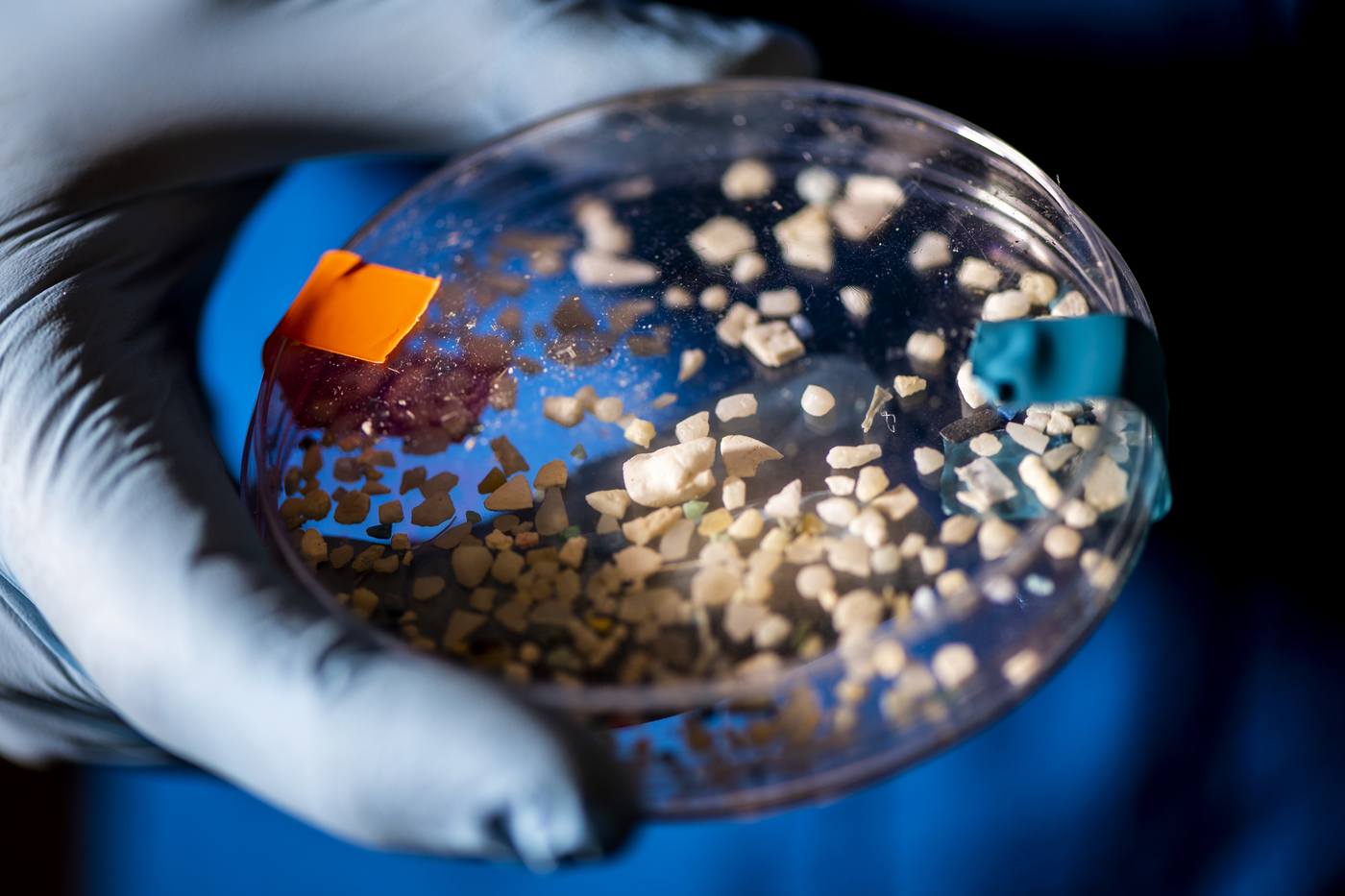
Our plastic pollution problem may have more significant consequences than we think
Plastics are everywhere - and that's a problem. New research published in Science finds that plastics may be altering the Earth’s carbon cycle and our ability to monitor it.

The forecast said it would be 90 degrees. So why does your thermometer say it’s 100?
Socioeconomic inequalities often cause temperature differences between neighborhoods in the same area. Brian Helmuth, professor of marine and environmental sciences, examines this trend for News at Northeastern.
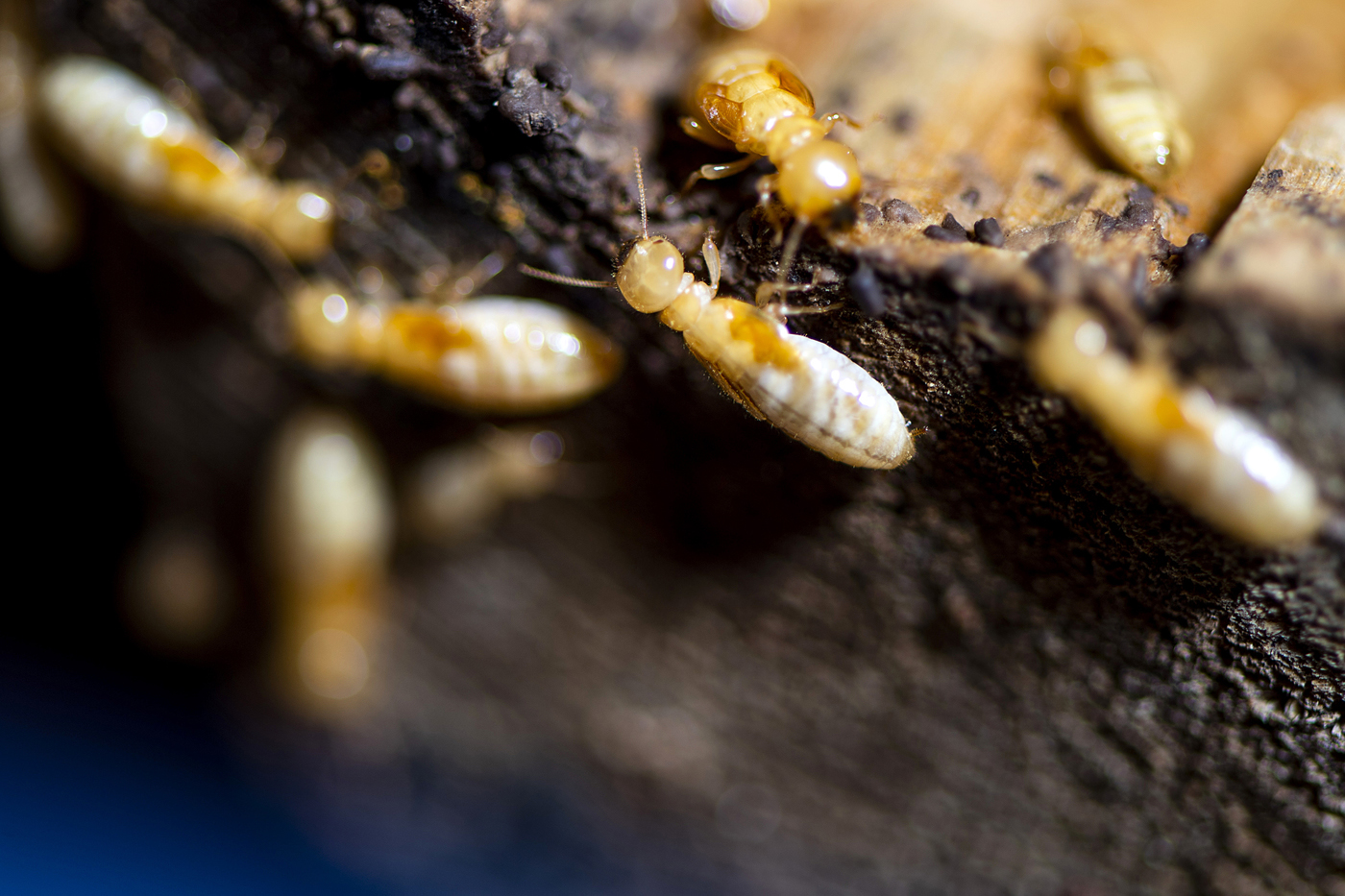
For ideas about fighting pandemics, look to termites and ants
Social insects like termites and ants have evolved many methods to combat disease. What can we learn from them in fighting human pandemics? A lot, says Rebeca Rosengaus, an associate professor and behavioral ecologist at Northeastern. Photo by Matthew Modoono/Northeastern University

Student Profile: John Alessi, Environmental Science and Policy MS
John Alessi is a Graduate Environmental Science and Policy Student. He is a recent Class of 2021 graduate. Why did you decide to pursue a Master’s degree at Northeastern University? What did you feel this program had to offer to help further your career? “The most important aspect of my education was the co-op program. […]
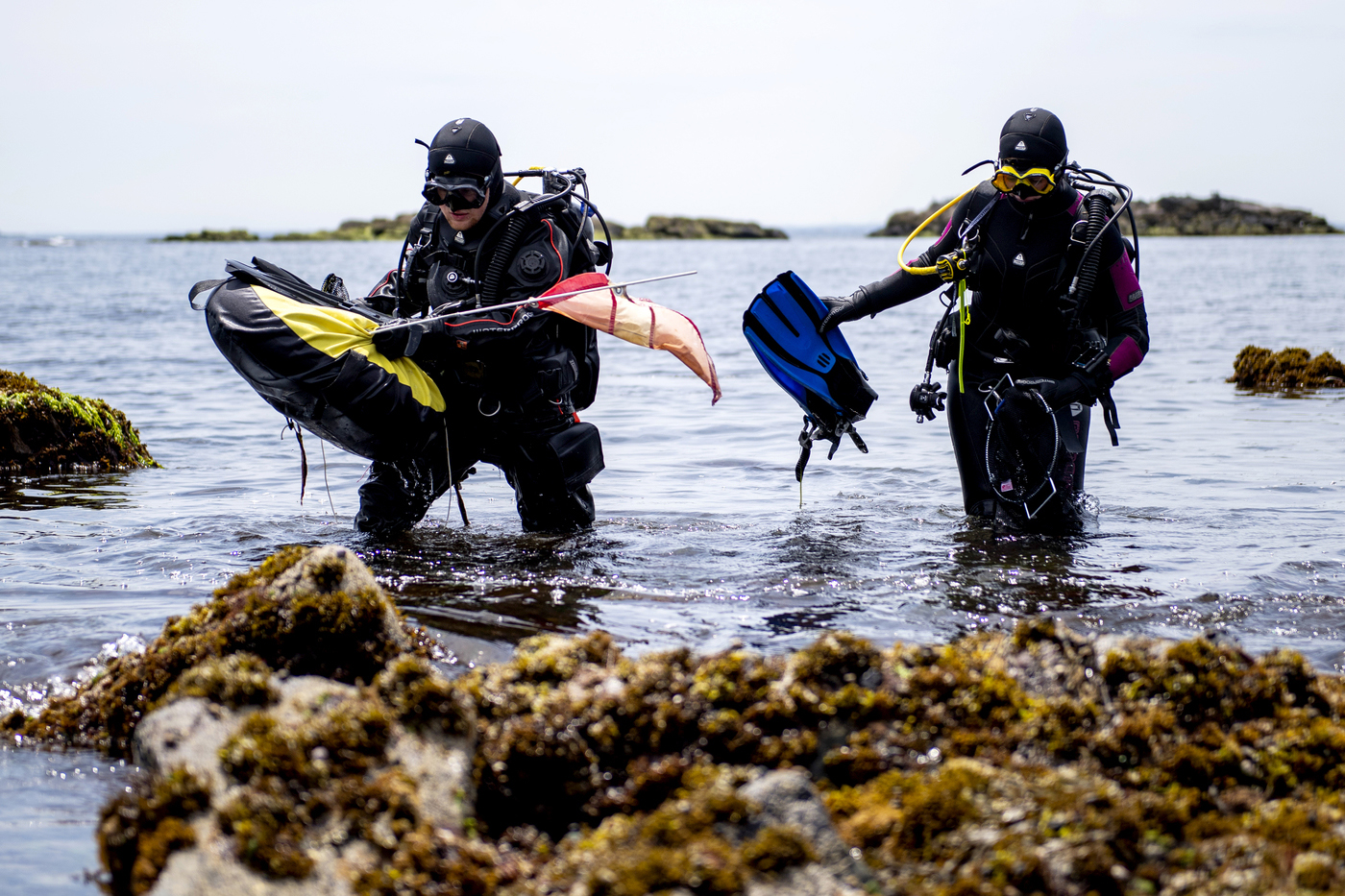
Northeastern’s award-winning coastal research campus in Massachusetts faces public vote
NAHANT, Mass. Northeastern students Jaxon Derow and Sahana Simonetti gather mussels for a research project at Northeastern’s Marine Science Center. For ecological forecasters at the center, mussels act as a barometer of climate change, and help researchers understand changing biodiversity in the Gulf of Maine. Photo by Matthew Modoono/Northeastern University
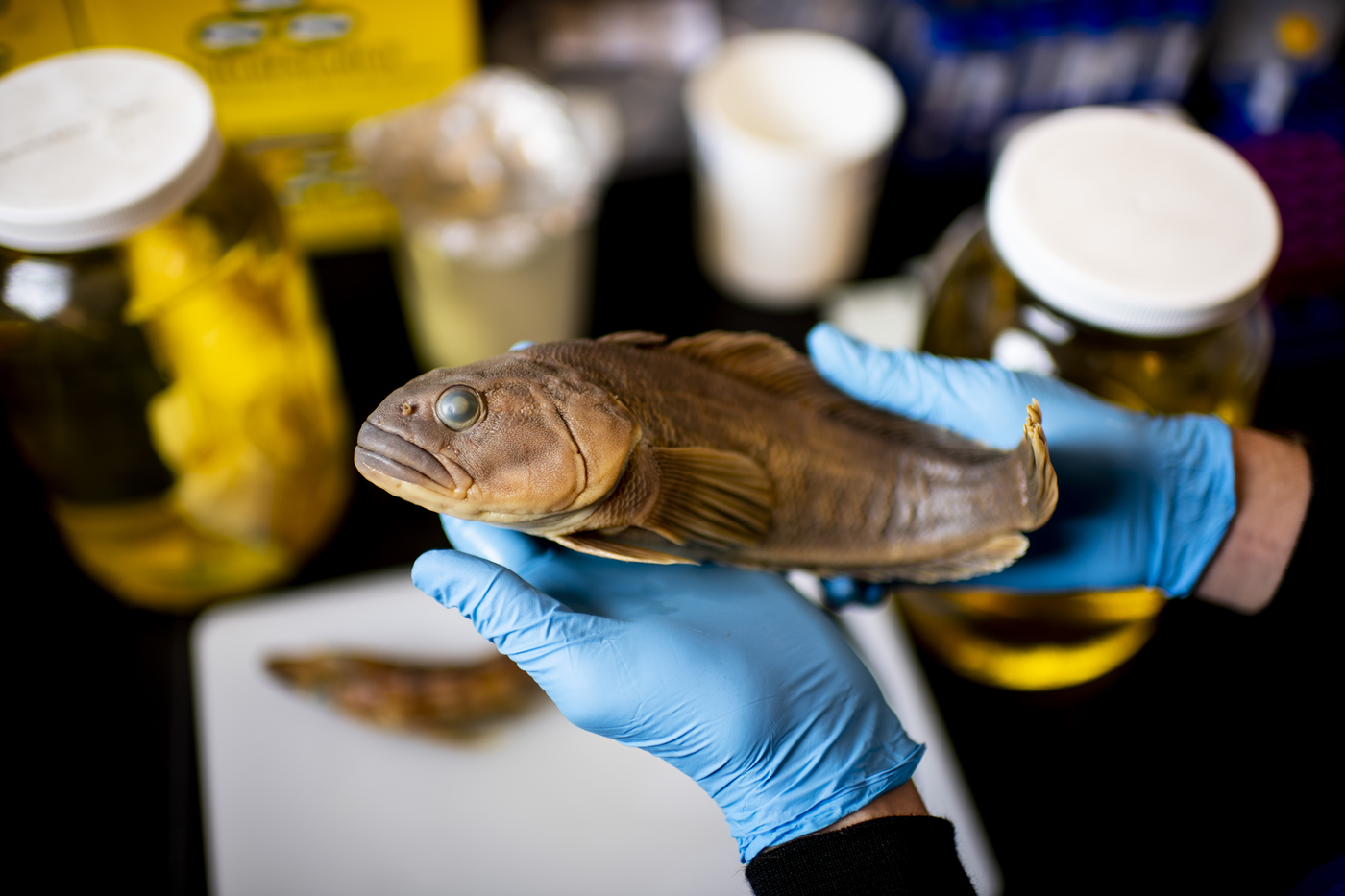
How Bill Detrich’s foresight led to the DNA sequencing of a rare icefish species
In 2004, Northeastern’s Bill Detrich had an idea ahead of its time: that scientists would one day sequence DNA from all of the Earth’s living creatures. Now, his efforts in anticipation of that genetics boom are paying off. Photo by Matthew Modoono/Northeastern University
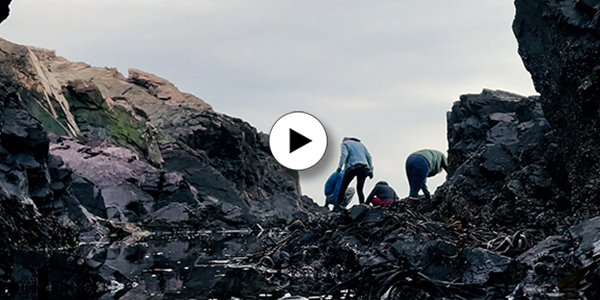
Classroom on the coast: Three Seas offers new setting to study tidal environments
The semester-long program at the Marine Science Center in Nahant, Massachusetts provides students with hands-on learning opportunities. “To be able to come into the field and get our feet wet and learn in the environment is really fantastic, says Lizzie Soranno, a marine biology student in the Three Seas program. Read the full story at […]
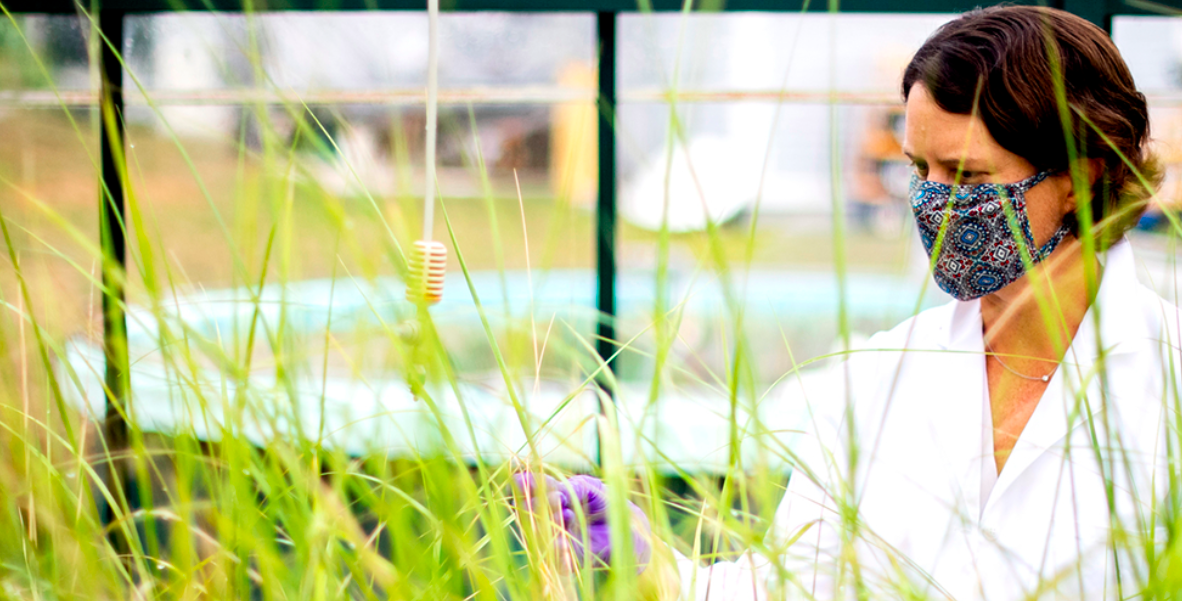
College of Science Connects: Research at the Frontier of Marine & Estuarine Systems
Listen to Hazel Sive, Dean of the College of Science, as she talks to Randall Hughes, Associate Dean for Equity and Associate Professor of Marine & Environmental Sciences as part of the Women Who Empower International Women's Day Celebration.